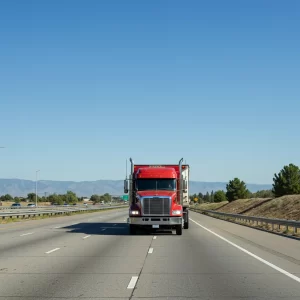
How Do Emission Control Systems Work on Trucks?
Understanding Truck Emission Control Systems | A Driver’s Guide
Many fleet owners and operators often wonder whether it’s possible to fail a Clean Truck Check inspection. The answer is yes. Under the California Air Resources Board (CARB)’s Heavy-Duty Inspection and Maintenance Program, trucks and buses operating in California are subject to rigorous emissions testing, including periodic emissions testing, smoke opacity tests, and On-Board Diagnostics (OBD) compliance testing. These requirements ensure that heavy-duty diesel vehicles, commercial trucks, and fleet vehicles meet strict emissions standards set by CARB. Non-compliance can lead to penalties, DMV registration holds, and operational interruptions. Understanding CARB’s regulations and maintaining proper reporting in the Clean Truck Check Vehicle Inspection System is critical for ensuring continuous operation and legal compliance.
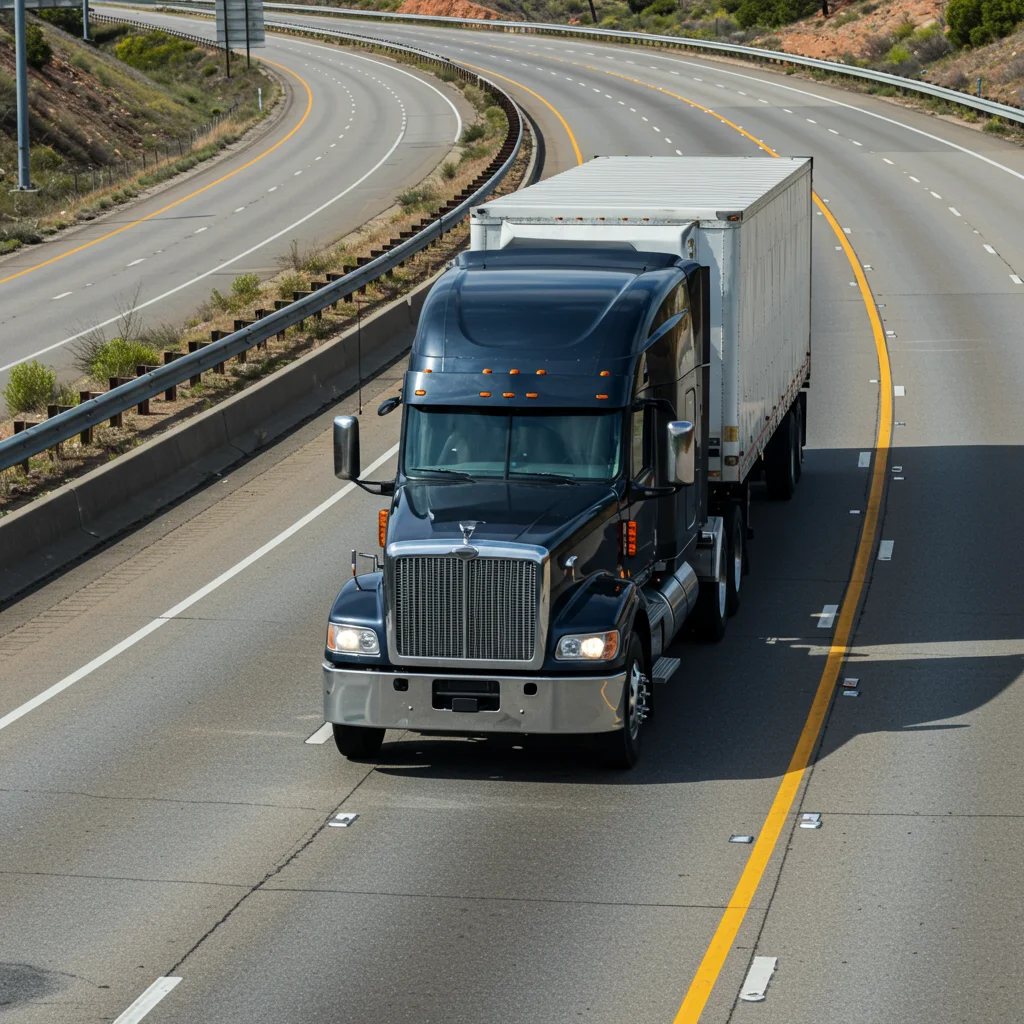
The Clean Truck Check is part of CARB’s broader effort to reduce air pollution and improve public health through programs like the Truck and Bus Regulation, the Periodic Smoke Inspection Program, and the California Smog Check Program. It applies to most heavy-duty vehicles over 14,000 pounds, including diesel trucks, alternative fuel vehicles, and hybrid vehicles. All covered vehicles must register in the Clean Truck Check Vehicle Inspection System, undergo bi-annual emissions testing or semi-annual emissions testing, and submit reports through CARB’s online reporting and certification system. Fleets must also affirm fleetwide compliance using the Truck Regulation Upload, Compliance, and Reporting System (TRUCRS). CARB enforces compliance through field inspections, roadside emissions monitoring equipment, and Automated License Plate Reader cameras, ensuring every vehicle meets CARB-compliant emissions reports and is properly integrated with DMV registration compliance checks. Learn more about Clean Truck Check In Homeland, CA .
Vehicles typically fail a Clean Truck Check due to poor emissions control performance, high smoke opacity, or OBD system malfunctions. Issues such as malfunctioning Diesel Particulate Filters (DPF), missing or damaged components during visual inspection, and inaccurate emissions data snapshots can trigger a failure. A lack of continuous emissions data collection or outdated emissions diagnostics reports may also lead to non-compliance. Improper maintenance schedules, missed periodic testing schedules, or failure to submit timely data uploads in the reporting window can further result in failed tests. Additionally, vehicles that skip required repairs or DPF cleaning after previous inspection failures often receive Notices of Violation or compliance alerts, risking fines and registration holds. Learn more about Clean Truck Check In Idyllwild-Pine Cove, CA .
Failing a Clean Truck Check inspection can have immediate consequences. CARB may issue a Notice to Submit to Testing or a Notice of Violation, requiring prompt corrective action. Vehicles that do not resolve failures within the compliance timeframe may face fines per vehicle per day, registration blocks at the DMV, and loss of legal operation in California. Fleets can request a Five-Day Pass for temporary compliance while repairs are made, but repeated failures may lead to escalated penalties. Non-compliance also jeopardizes affirmation of compliance and may prevent fleets from securing contracts requiring CARB-compliant certification. Continuous non-compliance impacts fleet operations, causing downtime, increased costs, and potential loss of business. Learn more about Clean Truck Check In Inca, CA .
After a failed inspection, the first step is to review the Vehicle Emissions Control Inspection Form and the emissions diagnostics report to identify issues. Scheduling immediate repairs, DPF cleaning, and part replacements is essential to restore compliance. Once corrective actions are completed, the vehicle should undergo a re-test at a credentialed tester location using CARB-approved testing methods and emissions detection systems. Ensure the updated emissions data snapshot and test result reporting are uploaded to the Clean Truck Check reporting system within the reporting window. Completing the compliance certificate and paying any required compliance fees or annual vehicle fees is critical to avoid DMV registration holds and secure your vehicle compliance certificate. Learn more about Clean Truck Check In Indian Hills, CA .
Proactive preparation is the best strategy to avoid inspection failures. Fleets should adhere to strict maintenance schedules, conduct regular onboard diagnostics, and perform comprehensive assessments to catch potential issues early. Implementing proactive maintenance and operational readiness programs improves fleet efficiency, reduces downtime, and supports emission reduction. Using continuously connected telematics devices or the T-harness installation option enables continuous emissions data collection, improving accuracy for CARB submissions. Training drivers and technicians on fleet safety, reduced idling, and optimized routes helps maintain compliance with emissions standards while supporting public health improvement and smog reduction goals. Learn more about Clean Truck Check In Indio Hills, CA .
Modern compliance relies on advanced tools like Portable Emission Acquisition Systems, roadside monitoring equipment, and continuously connected telematics. The Clean Truck Check Vehicle Inspection System simplifies data submission, test result reporting, and affirmation of compliance through CARB’s online reporting and certification system. Integration with CARB’s other platforms like TRUCRS, DOORS (Diesel Off-road Online Reporting System), and the Advanced Clean Fleet Regulation system ensures consistency across all programs. Fleets can manage all vehicles using entity admin roles, bulk uploads, and Okta login for secure access. Leveraging technology ensures accurate emissions data, timely reporting, and seamless compliance with CARB’s evolving regulations. Learn more about Clean Truck Check In Juniper Springs, CA .
Fleet managers should prioritize training programs, maintenance insights, and compliance schedules to stay ahead of testing requirements. Monitoring compliance alerts, reporting deadlines, and testing schedules ensures that vehicles meet all periodic testing requirements. Regular OBD compliance testing and smoke opacity tests help identify early issues before inspections. Using CARB-approved emissions diagnostics tools and ensuring correct data uploads helps prevent reporting errors. Staying informed on compliance deadlines, annual compliance fees, and maintenance schedules will minimize risks of fines, registration holds, and operational interruptions. A well-managed compliance strategy not only ensures legal operation but also supports air quality improvement and public health protection. Learn more about Clean Truck Check In Jurupa, CA .
Non-compliance with the Clean Truck Check program can result in significant financial and operational penalties. CARB may impose fines per vehicle per day, require payment of compliance fees, and place DMV registration blocks until issues are resolved. Fleets must pay annual vehicle fees, emissions test per vehicle costs, and processing fees through accepted payment methods such as credit cards, debit cards, or eCheck payments. Missing reporting deadlines or failing to complete required data submissions can trigger Notices of Violation and lead to enforcement actions. Maintaining compliance through timely testing, reporting, and certification not only avoids penalties but also ensures continuous operation under CARB’s Heavy-Duty Vehicle Inspection Program and supports California’s air quality and emission reduction goals. Learn more about Clean Truck Check In Lakeland Village, CA .

Understanding Truck Emission Control Systems | A Driver’s Guide
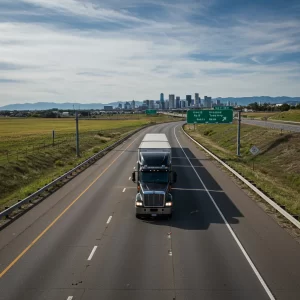
What is the Lifespan of Truck Emissions Components | Guide to Durability and Replacement
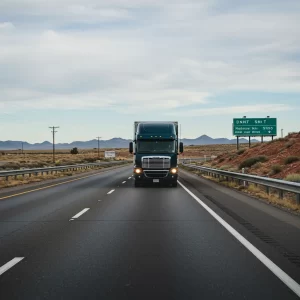
Are New Diesel Trucks Reliable with Emissions Systems | What You Need to Know
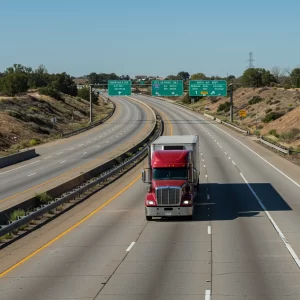
Truck Emissions Maintenance | How to Reduce Pollution and Boost Efficiency
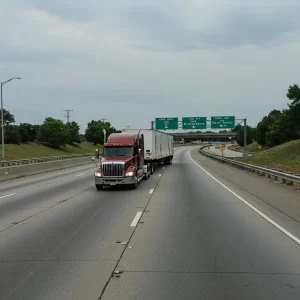
Reduce Truck Emissions | Practical Ways to Lower Your Carbon Footprint
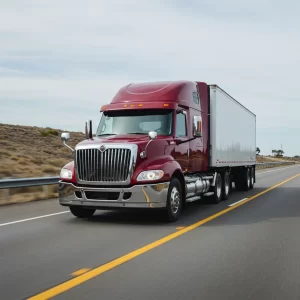
What Causes High Diesel Emissions | Key Factors You Need to Know